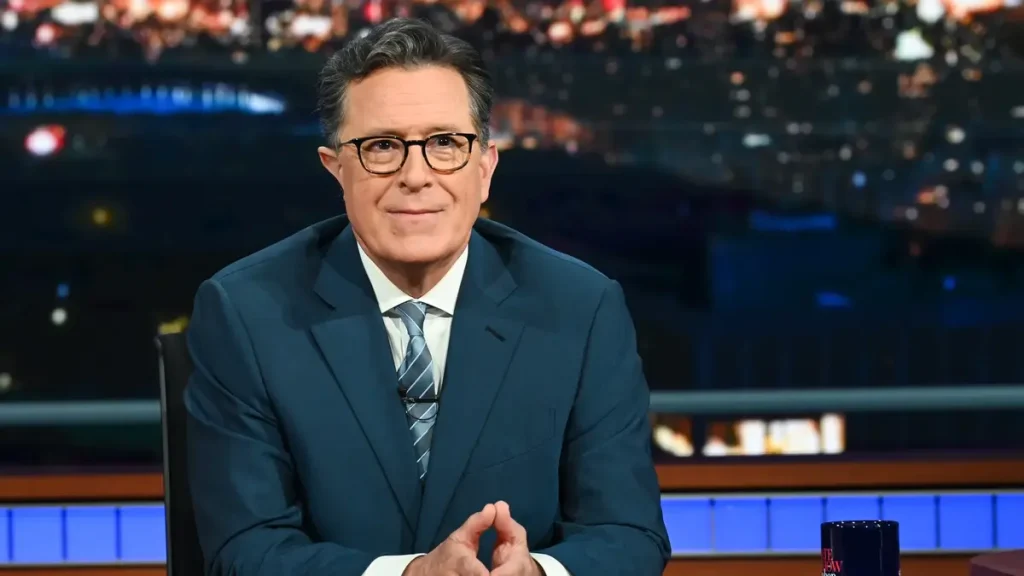CBS has announced the cancellation of The Late Show with Stephen Colbert, set to conclude in May 2026. The network attributes this decision to financial considerations amidst a challenging landscape for traditional late-night programming.
Stephen Colbert’s A Decade of Late-Night
Stephen Colbert took over as host of The Late Show in September 2015, succeeding David Letterman. Under his leadership, the show became a dominant force in late-night television, known for its sharp political satire and engaging interviews. Colbert’s tenure marked a new era for the program, attracting a diverse audience and critical acclaim.

CBS’s Official Statement
CBS president and co-CEO of Paramount Global, George Cheeks, stated that the decision to end the show was “purely a financial decision against a challenging backdrop in late night.” He emphasized that the cancellation was unrelated to the show’s performance, content, or any matters involving Paramount.
Stephen Colbert addressed the cancellation during a live taping, expressing his surprise and gratitude. He informed the audience that he had learned about the decision the night before and thanked the show’s crew and viewers for their support over the years. The announcement was met with a mix of applause and boos from the audience, reflecting the emotional impact of the news.
The cancellation has sparked discussions within the entertainment industry. Some commentators speculate that the decision may be influenced by broader financial pressures on traditional television networks, as audiences increasingly turn to digital platforms. However, CBS has firmly denied any political motivations behind the move.
Future of Late-Night Television
The end of The Late Show with Stephen Colbert marks a significant moment in the evolution of late-night television. As the industry adapts to changing viewer habits and financial realities, the landscape of late-night programming continues to evolve. The show’s conclusion raises questions about the future direction of late-night television and the role of traditional networks in an increasingly digital media environment.
Stephen Colbert’s departure and the end of the Late Show represent a major shift in American television. A decades-spanning legacy is concluding, signaling a broader transformation in viewers’ media habits. Whether this marks a decline or reboot of political satire on network TV remains to be seen.
Colbert’s final season, airing through May 2026, will stand as both an end and a tribute: the closure of an era that blended sharp humor, news commentary, and cultural relevance under his singular voice.




